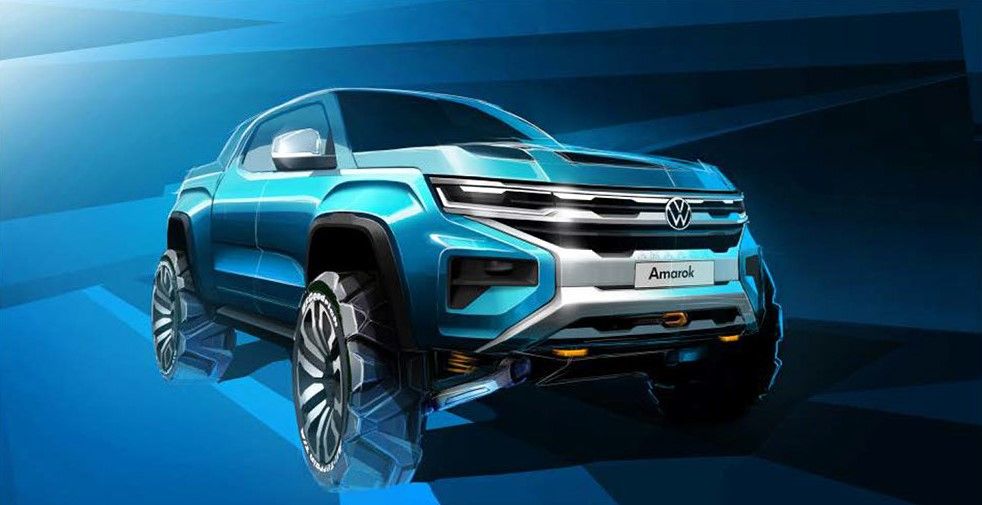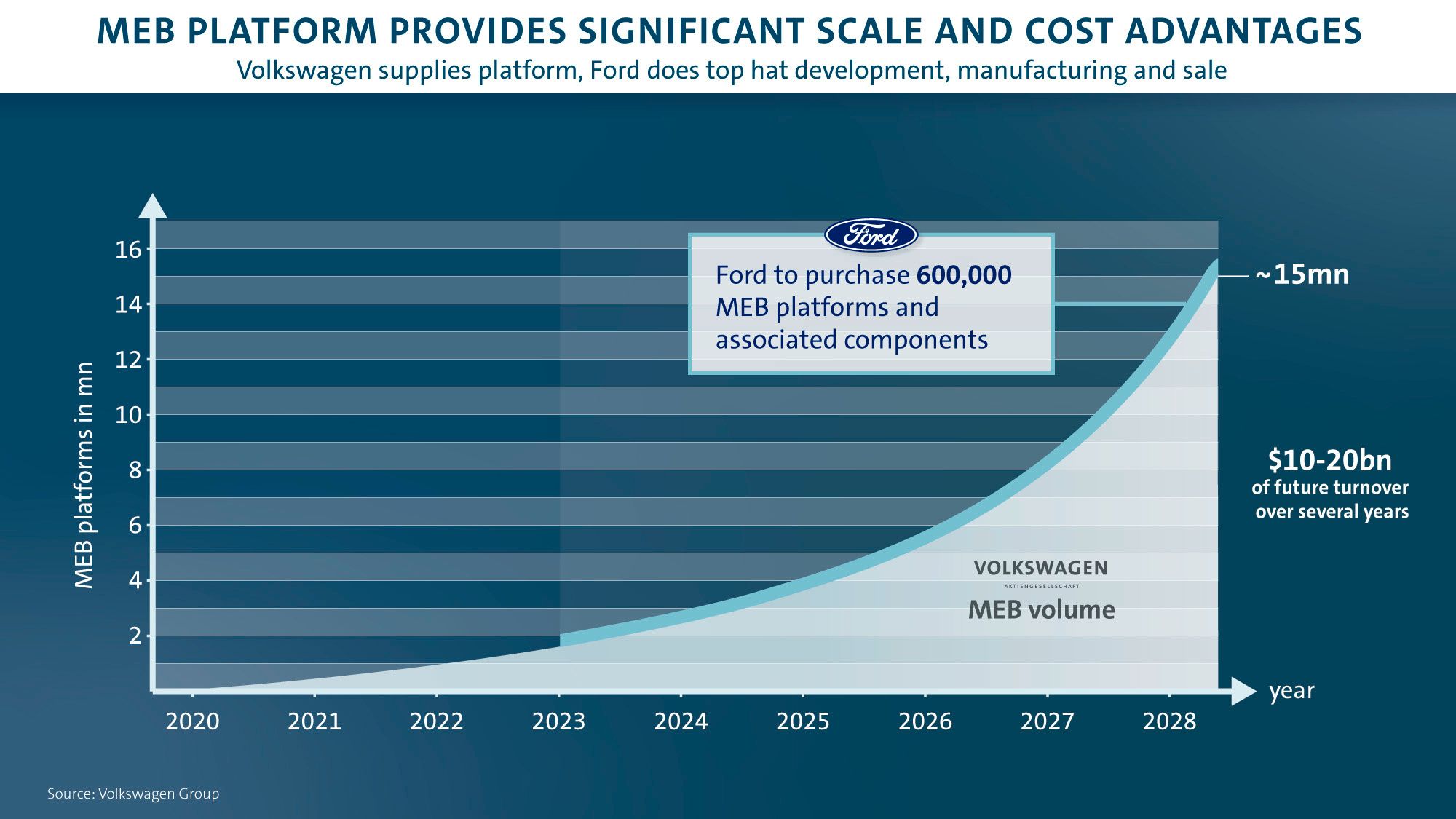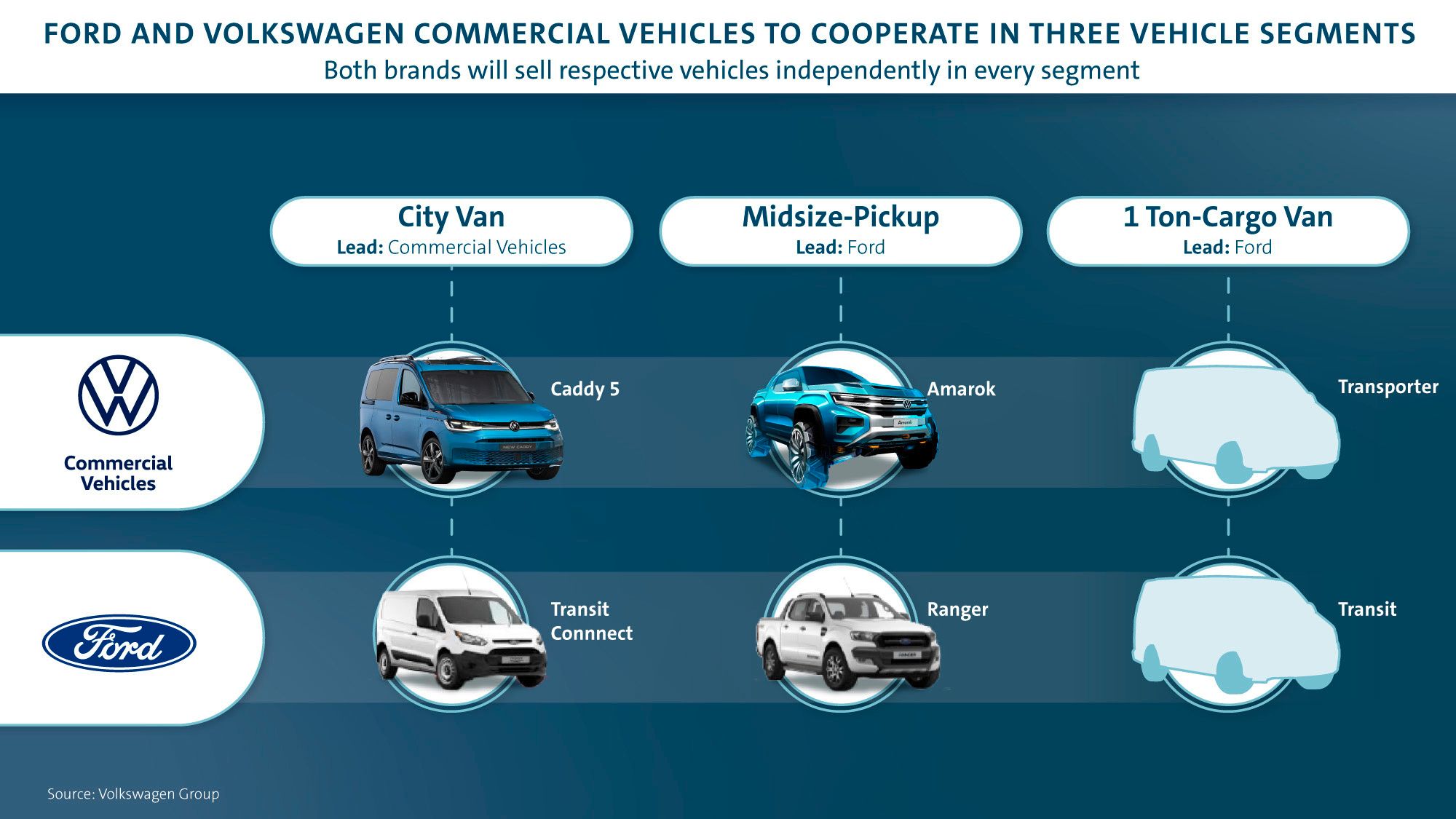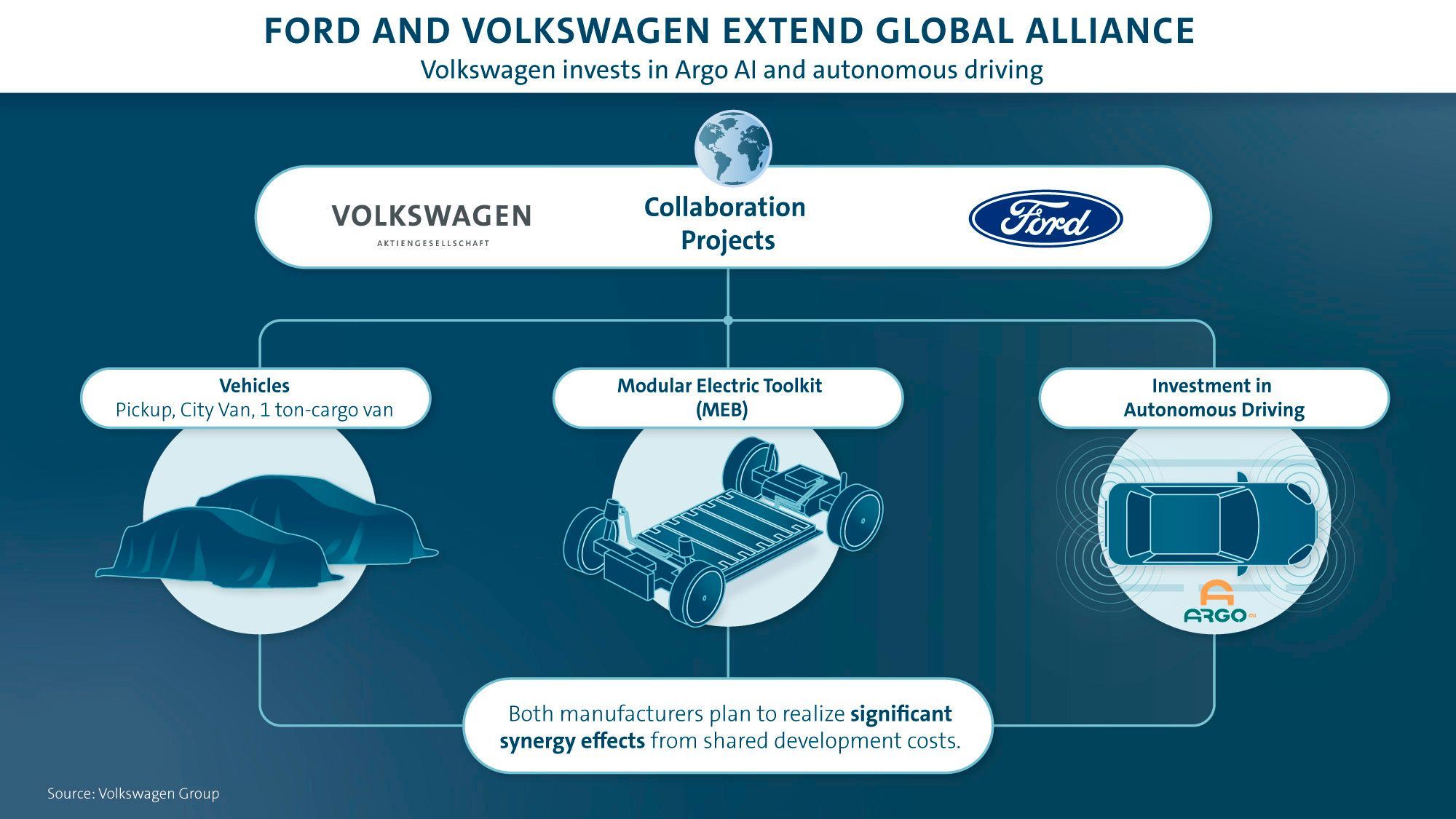The modern-day America-Germany treaty of the automotive industry was announced a few years ago, but things slowed down for a while. Now, things are back on track and the alliance between Ford and Volkswagen is expected to be finalized by the end of June. A lot of products and technology will be shared amongst the two brands, and the latest news is about a Ford-built Volkswagen. According to a press release, Ford will be building a truck for Volkswagen, and it will go on sale in 2020 as the new Amarok. Is this a big win for the German automaker or what?
The Ford-based Volkswagen Amarok Could Become Relevant Again
Volkswagen released a media statement as well which read, “As lead partner, Ford will in future produce the new version of the Amarok for Volkswagen Commercial Vehicles based on the Ranger. The Amarok successor will then be made as of 2022 at Ford’s Silverton plant in South Africa.”
What Can We Expect From The New Amarok?
So, we do know that the Amarok will be underpinned by the Ranger’s platform, but what will power it? According to CarAdvice, the new Amarok will receive two of Ford’s powertrains – 2.0-liter, four-cylinder, twin-turbo diesel, and the 3.0-liter, V-6 turbodiesel. Both these engines will be mated to a 10-speed automatic transmission. An executive from the German brand also said that 2022 Amarok might be a Ford at heart, but it will have a unique appearance inside out.
This is a big win for Volkswagen because the Ranger holds the fort in trucks segment in the European nations. The same can’t be said for the Amarok, though, which has been struggling to get a decent share of the pie. The German automaker sold 88,950 copies of the Amarok in 2018 and 68,010 copies in 2019 globally. A Ford-pinned and powered Amarok could see the sales numbers rise significantly.
A rebadged product may not have worked, but for a truck that is said to have unique aesthetics with Ford’s tried-and-trusted mechanicals; it may have success written all over it. Another representative of the company said, “Ultimately it is our customers who will benefit, as without the cooperation we would not have developed a new Amarok.” Not wrong there.
What Could Go Wrong With A Ford-Based Amarok?
Although there are a lot of positive to take from this, there are some cons as well. The current Amarok may not be the best of the lot, but it sure has some features that are not present in the Ranger and the 2022 Amarok could lose them as well:
-* The V-6 Amarok comes with a permanent all-wheel-drive layout. This could change in the Ford Amarok.
-* Ford Ranger comes with rear drum brakes, whereas the Volkswagen Amarok features disc brakes even at the rear. Will this change to keep the costs in check?
-* The Amarok has the most spacious truck bed. If underpinned on the Ranger’s platform, this could be shortened in length as well as width.
What Powers The Current Volkswagen Amarok?
The 3.0-liter, V-6 turbodiesel mill is the most popular option in the Amarok. In Australia, you can have it in four different states of tune. 221 horses in the base form, which can be pumped up to 241 horses with ‘Overboost’, and 255 horses on the higher trims, which can be jacked up to 268 ponies with the Overboost. They produce 428 pound-feet of torque as standard. It can be paired to either a six-speed manual or an eight-speed automatic. The Amarok is also offered with a not-so-popular four-cylinder mill as well.
The Alliance Has Big Plans For The Commercial Market As Well
The alliance is also working on strengthening the commercial-vehicles businesses of both the brands and the result of this could be seen next year itself. It would be a city delivery van based on the latest Caddy model that’s developed and built by Volkswagen. Later on, a one-ton cargo van developed by Ford will be added to this fleet. This could be a replacement for the Ford Transit. The alliance is expecting to produce eight million copies of the truck and commercial vans – combined – in its lifetime.
The news of an electric Ford vehicle based on Volkswagen’s MEB platform also came to news a couple of weeks back and the same was reiterated in the press release as well. This Ford EV will be meant for the European markets and the companies are looking at building around 600,000 examples of the same every year.
Final Thoughts
The companies have big plans together, but they were quick to note that they are still competitors and will go up against each other in all the markets that they are present in.
The current-gen Amarok is built in Argentina. You’d expect the Ford-based Amarok to be built in Thailand alongside the Ranger, but Volkswagen said it will instead be built at Ford’s Silverton plant in South Africa. There’s no word on where the Ford EV will be built, though.
I have a lot of questions. Does this mean trouble for the Toyota Hilux? Will we see an Amarok-Raptor as well? How will they coexist in the same markets? Will both the trucks be priced lower as the manufacturing costs could reduce and take on the competition together? I hope we get the answers soon.
What are your expectations from the Ford-Volkswagen alliance? Share them with us in the comments section below.




